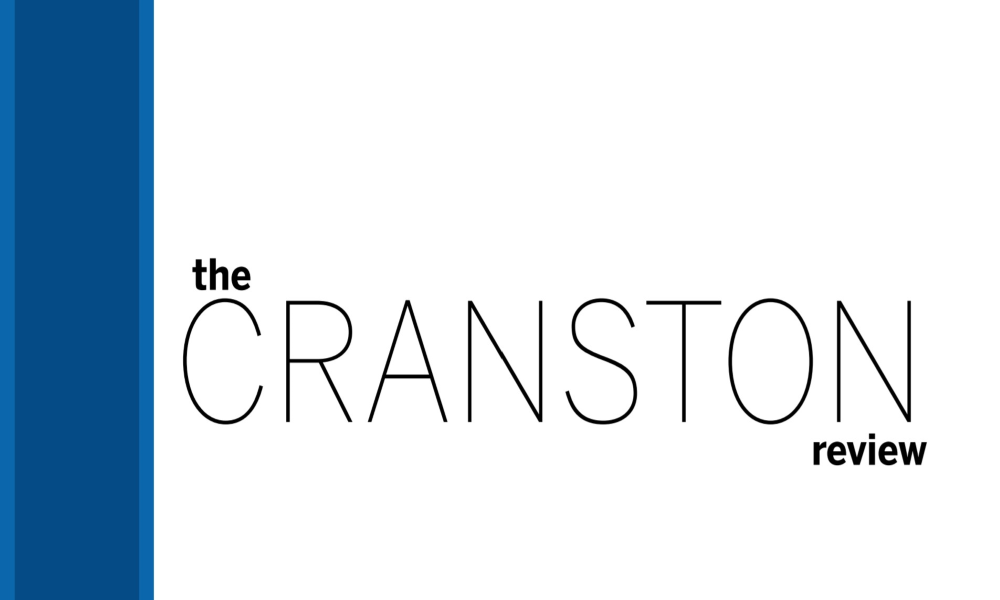
Background
At the same time as publishing his second report into the HBOS Reading fraud Customer Re-Review, Sir Ross has also published a separate paper clarifying the recommendations he made in his first report, published in December 2019, regarding customers’ eligibility for inclusion in the Customer Review and the scope of Debt Relief offered by the Bank.
Eligibility for Customer Review
In his first report, Sir Ross had quoted from the Bank’s early press releases in which it had described those it was seeking to compensate in its Customer Review in broad terms: those who “may have been affected by the criminal activities..” and those “impacted” by the fraud.
In Sir Ross’ view, in addition to appointed directors of affected companies, those who were actively involved in the running of a business at the relevant time were plainly also persons who might have been “affected” or “impacted” by the fraud and should have been included in the Customer Review.
Accordingly, he recommended that the Bank revisit all those cases involving individuals claiming to be de facto directors of companies affected by the HBOS Reading Fraud, or “otherwise actively involved in the running of the business”.
It was clear from Sir Ross’ recommendations that individuals “otherwise actively involved in the running of the business” meant something broader than strict de facto directors. However, true to form, the Bank sought to adopt a highly restrictive interpretation of the phrase.
All customers falling within this category will be pleased to hear that Sir Ross has now rejected the Bank’s approach and instructed it to adopt a broader interpretation of this phrase.
He has confirmed that the test to be applied is whether, as a matter of fact, whatever a person’s position in the business, and whatever the formal position as regards decision-making, they were actively involved in running the business. At paragraph 17, Sir Ross states:
“Ultimately important decisions might have required formal approval by the directors. However, running the business on a day to day basis – and having to bear the brunt of dealing with the criminal bankers and/or their co-conspirators – might have been someone who would not meet the legal test of being a de facto director. Only if the Bank adopts a broad approach will it deliver its stated aim of compensating those affected or impacted by the fraud.”
When determining whether an individual was actively involved in the running of a business, the Bank must give due weight to the relevant individual’s submissions and to corroborating evidence from others in this regard.
Scope of Debt Relief
Sir Ross has also clarified several points regarding the scope of Debt Relief offered to customers receiving non-nil outcomes in the Customer Review, the main ones being:
- Debt Relief is confined to personal debts and business debts in a customer’s personal name (or, if a sole trader or partnership, in the sole trader’s or partnership’s name). Corporate debts of a customer’s business are excluded. Sir Ross did not rule out the possibility of customers receiving compensation for corporate debts. However, this will be a matter for the Re-Review Panel, when considering whether to make an award for Direct & Consequential loss.
- Nil outcome customers are currently excluded from Debt Relief on the basis that the Customer Review determined that they had not been impacted by the fraud. However, our understanding is that the Panel will be tasked with looking again at nil outcome cases and, in the event that it concludes that a particular customer ought not to have received a nil outcome in the Customer Review, that customer will then be eligible for Debt Relief in the usual way.
- The Bank’s letters to customers since the publication of Sir Ross’ first report have sought to limit Debt Relief to debt originally borrowed from and owed to HBOS or one of its subsidiary entities (i.e. not to debt with other entities which became part of the wider Lloyds Banking Group, following Lloyds’ acquisition of HBOS in 2009). Sir Ross rejected this and has clarified that Debt Relief should also extend to debts originally borrowed from and owed to any entities within the Lloyds Banking Group (subject to meeting the criteria for Debt Relief in his first report).
- • As for customers whose assets were repossessed as part of an enforcement process, Sir Ross has confirmed that the Bank should be compensating customers for the full amount of debt outstanding at the date of enforcement, and not just the amount realised by the Bank through its enforcement. Sir Ross gives the hypothetical examples of two customers, both with £1 million mortgages secured against their homes. One of those customers lost their home, following enforcement action by the Bank in which only £600,000 was realised. The other customer managed to resist enforcement action by the Bank and, at the time of the Customer Review, still owned their property. Both customers in these examples should receive debt relief to the full amount of £1 million, contrary to what the Bank had contended, namely that the first customer should only be compensated for £600,000.
Appeal Process
For Customers seeking to prove their eligibility for the Customer Review, or for Debt Relief, Sir Ross has also helpfully clarified that there will be a three-stage appeal process:
- The Bank will inform the customer of its preliminary assessment of their application.
- The customer will then be given an opportunity to produce further information, documentation or arguments before the Bank makes a final decision on their case.
- Customers who are not happy with the Bank’s final decision will then have a right to appeal to Rory Phillips QC, who assisted Sir Ross with the Cranston Review and will determine the appeals independently of the Bank. Mr Phillips will issue a final determination that will be binding on both the customer and the Bank.
We understand that further details of how the appeals process will operate will be sent to customers in due course.
Comment
Michael Sparkes, Director of DS Law, solicitors to numerous HBOS victims, comments:
“Sir Ross has delivered another excellent report and, in his clarifications document, has rejected the Bank’s attempts to water down his previous recommendations. In particular, his rejection of the Bank’s restrictive interpretation of de facto directors and individuals “actively involved with the running of the business” has the potential to lead to a significant expansion in the number of customers eligible for the Customer Review.”
Link to the Clarification of Recommendations made in the Cranston Report
Link to the Cranston Re-Review Panel Recommendations
Link to the original Cranston Report
Link to The Cranston Review Website
DS Law is a specialist fraud and banking litigation firm which has advised a significant number of victims of the HBOS Reading banking scandal in their fight for fair compensation.


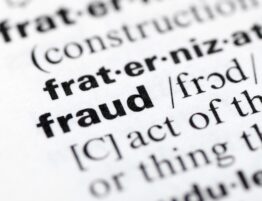

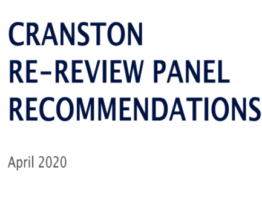
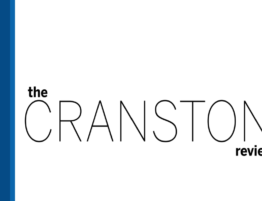

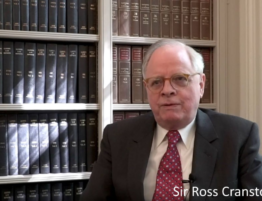
Write a comment:
You must be logged in to post a comment.